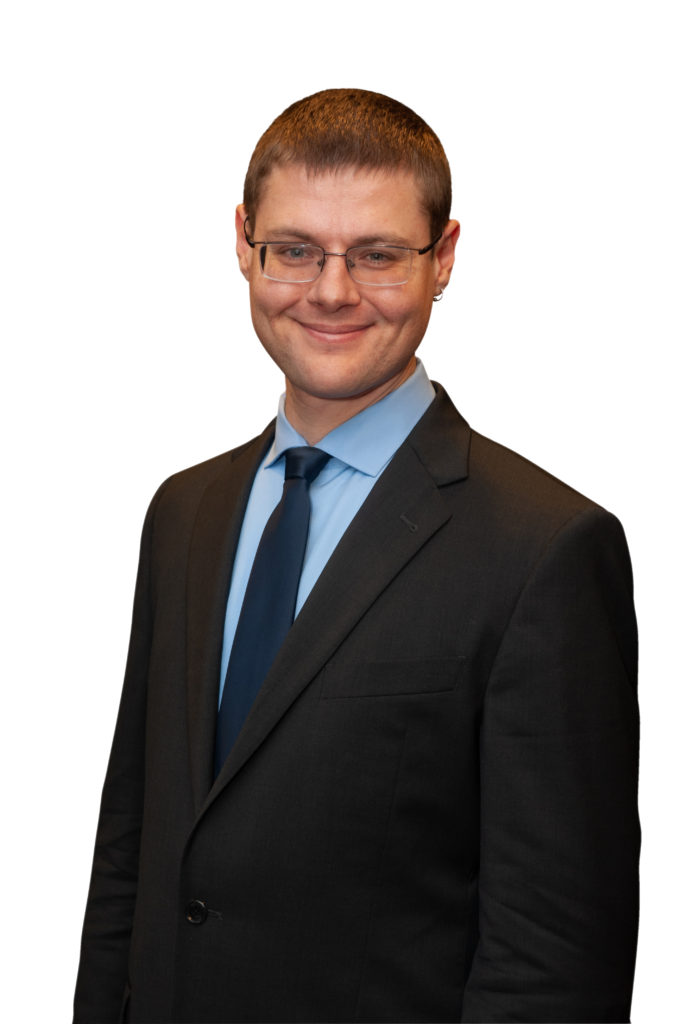
Are you, or someone you know, struggling to cope with depression as we’re transitioning out of the pandemic?
If you enjoy video, here’s a videocast based on this blog:
And if you like audio, here’s a podcast based on the blog:
Or simply read onward!
What you or they are going through isn’t as uncommon as you might think. According to a recent study published in JAMA Network Open, depression has been three times higher during this pandemic than it was previously.
The researchers also discovered that lower income groups had an increased risk of getting depressed compared with higher income groups.
This puts more pressure on those who are already worried about, or dissatisfied with, their professional lives. It’s a vicious cycle when we’re all trying to balance our personal and work lives with our mental health. Fortunately, there are strategies that can help you survive and thrive during the post-pandemic recovery.
The Slippery Slope That Is Depression
Perhaps it started out with you feeling a bit more tired than usual. At some point, maybe you started to lose interest in things you used to enjoy. Perhaps you’re having trouble sleeping or, on the flip side, you’ve started sleeping more than you used to.
Depression can manifest in different ways. While some might feel overwhelmed and become increasingly sad, some might think they’re handling things relatively well, only to find that they can’t focus on simple tasks.
There is a whole range of physical, emotional, and mental changes when you’re experiencing depression. One crucial thing you must do is to pay attention to these changes and be ready to take action.
What’s the Best Way to Cope With Depression?
Regardless of the everyday pressure we need to deal with in our personal and work lives, we have to remember that human beings have needs that must be fulfilled in order to function. This means that you must identify and address any mental blindspots in yourself around depression, in yourself or others, during the post-pandemic recovery,.
You might have heard of Abraham Maslow’s theory of human motivation and the pyramid of needs based on his work. Maslow’s theory included “self-actualization,” or needs that help us achieve our full potential through personal growth.
More recent research by psychologist Scott Barry Kaufman has redefined self-actualization as combining exploration, love, and purpose. A good approach to adapting to the new abnormal in the post-pandemic recovery, and addressing any depressive symptoms, is evaluating your life through the lens of these needs and ensuring that you satisfy them.
A large part of the depression that people may experience comes from refusing to recognize that our needs have changed. We can’t simply go back to the way we used to live our lives after we get vaccinated. Your own and other people’s habits, norms, values, preferences, and goals changed, sometimes dramatically, during the many, many months of the pandemic. You have to recognize that the previous way we fulfilled our needs do not work during our current environment.
Our needs for exploration, love, and purpose remain urgent and paramount. However, we have to learn about these changes within yourself and others. Then, we need to address these in ways that take into account our current circumstances. Here are some ways we can effectively tackle and meet our needs:
Exploration
We have a need to explore, learn, and understand the world. Exploration in this sense is driven not by fear and anxiety—such as the watching of regular news briefings on the pandemic—but by the thrill of discovery and curiosity about the novel, the challenging, and the unknown.
Depending on your vaccination status and the number of cases in your state, you might still be staying at home. Still, you have tools to help you address depressive symptoms in the post-pandemic recovery.
Studies have shown that physical activities can help ward off depression. You can sign up for online exercise classes. You could also safely exercise outdoors and have access to places where you can maintain social distancing, you can also look into exercising in green spaces. These can include urban parks, nature reserves, and wilderness environments. Research has shown that spending time in such places has a positive effect on mental health.
Love
This second aspect of self-actualization can be manifested by expressing love. The first step, of course, is to express this love towards yourself. If you feel overwhelmed by depression or think that you already need help from a professional, one of the self-care acts that you can do is to look into online therapy and tele-psychology, which boomed during the pandemic. You can even check with your company if this is something that they can provide or facilitate.
Next is bestowing love on other people. This means making a positive impact on the lives of others and building up your social connections. Stronger social support networks help address depression.
You can express this love towards your existing relationships. Surprise your romantic partner with an unexpected date night. Perhaps you can host socially distanced outdoor parties for your friends to strengthen bonds. And if you’re all vaccinated, you can even do indoor parties! You can even volunteer to provide virtual companionship to lonely elder strangers.
Purpose
The other critical aspect of self-actualization involves developing, refining, and pursuing your sense of meaning and purpose. In the context of the post-pandemic recovery, it’s even more important to proactively seek a sense that you are contributing to something you’re passionate about that’s bigger than yourself, a personal mission of service that offers you fulfillment and contentment.
Some people might find their sense of purpose in taking care of their family and friends, and that’s fine. You might decide to reach out to struggling colleagues, eventually bridging the gap between personal and work lives and forming deeper friendships along the way. You might even tap into your network to help those who’ve lost their jobs find a new one.
Or maybe you could focus on improving your local community. Whatever you choose to do, you should regularly evaluate how much it contributes to your sense of purpose. Revise your activities to help further develop that sense within yourself.
Conclusion
Dealing with depression in the post-pandemic recovery means doing an honest evaluation of your activities and connections. Make sure your needs for exploration, love, and purpose are being met consistently. Taking action now—not later—will help you improve and maintain your mental health during these challenging times.
Key Take-Away
To cope with depression in the post-pandemic recovery, find new ways of fulfilling your needs for exploration, love, and meaning and purpose…> Click to tweet
Questions to Consider (please share your answers below)
- What have you done to cope with depression and other mood challenges in the pandemic and the post-pandemic recovery?
- How can you better fulfill your needs for exploration, love, and meaning and purpose in this time?
- How will you change your behaviors based on reading this article?
Image credit: Pixabay/flavoiopantera7
Originally Published at Disaster Avoidance Experts on May 18, 2021.
Bio: Dr. Gleb Tsipursky is an internationally-renowned thought leader in future-proofing and cognitive bias risk management. He serves as the CEO of the boutique future-proofing consultancy Disaster Avoidance Experts, which specializes in helping forward-looking leaders avoid dangerous threats and missed opportunities. A best-selling author, he wrote Never Go With Your Gut: How Pioneering Leaders Make the Best Decisions and Avoid Business Disasters (Career Press, 2019), The Blindspots Between Us: How to Overcome Unconscious Cognitive Bias and Build Better Relationships (New Harbinger, 2020), and Resilience: Adapt and Plan for the New Abnormal of the COVID-19 Coronavirus Pandemic (Changemakers Books, 2020). His writing was translated into Chinese, Korean, German, Russian, Polish, and other languages. He was featured in over 550 articles and 450 interviews in prominent venues. These include Fortune, USA Today, Inc. Magazine, CBS News, Business Insider, Government Executive, The Chronicle of Philanthropy, Time, Fast Company, and elsewhere. His expertise comes from over 20 years of consulting, coaching, and speaking and training for mid-size and large organizations ranging from Aflac to Xerox. It also comes from over 15 years in academia as a behavioral scientist, including 7 as a professor at Ohio State University. You can contact him at Gleb[at]DisasterAvoidanceExperts[dot]com, LinkedIn, Twitter @gleb_tsipursky, Instagram @dr_gleb_tsipursky, Medium @dr_gleb_tsipursky, and gain free access to his “Assessment on Dangerous Judgment Errors in the Workplace” and his “Wise Decision Maker Course” with 8 video-based modules.














